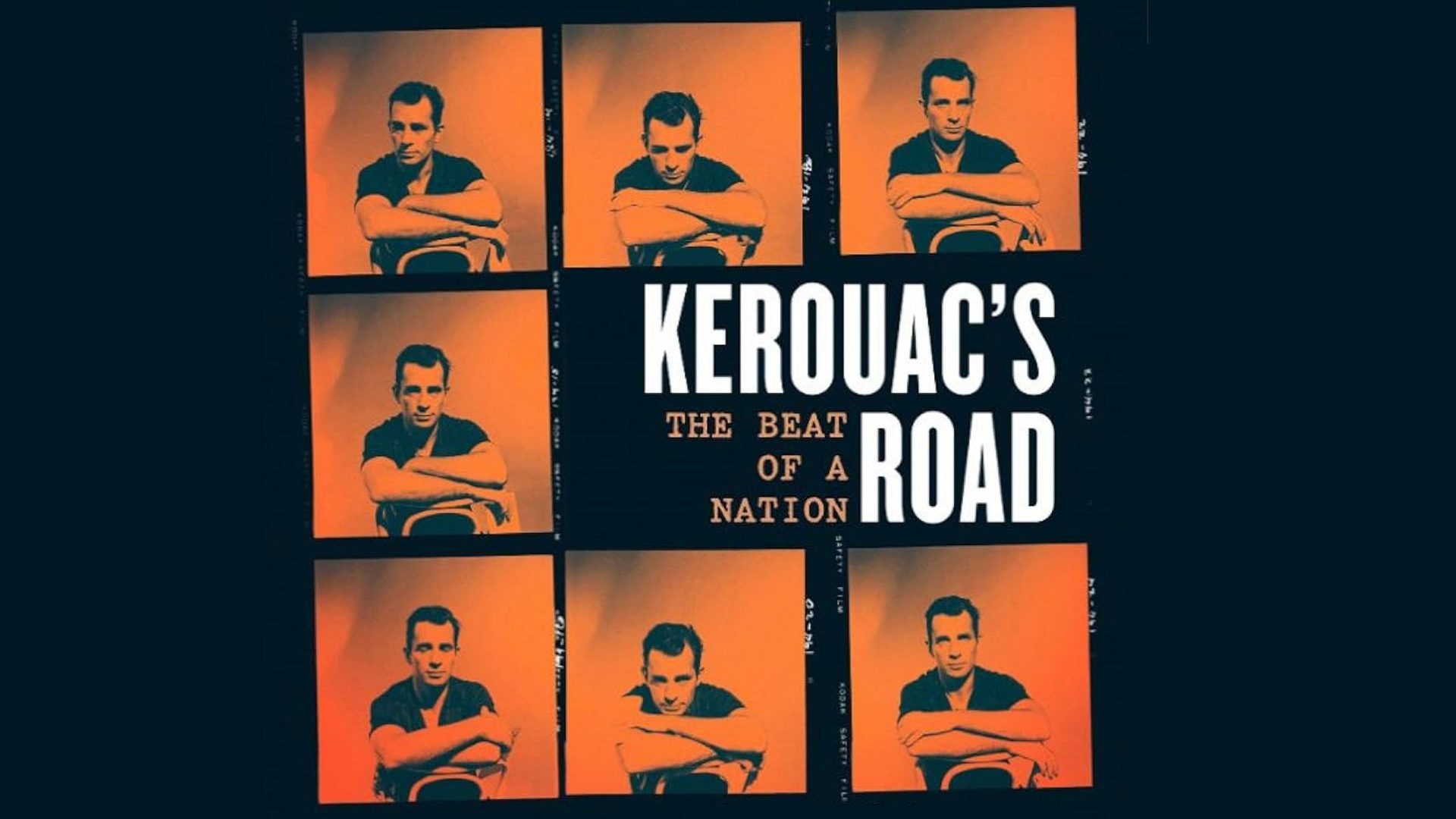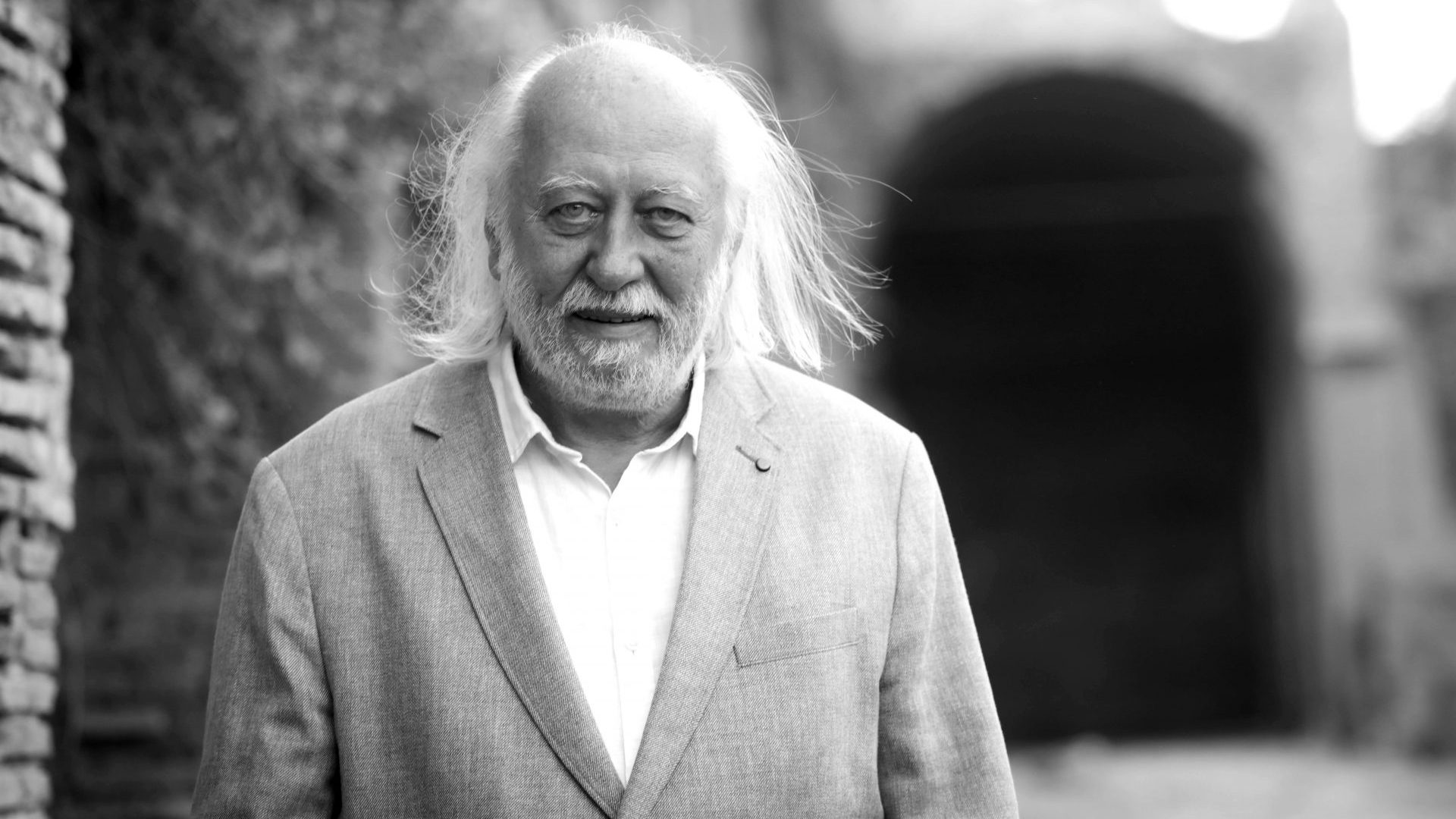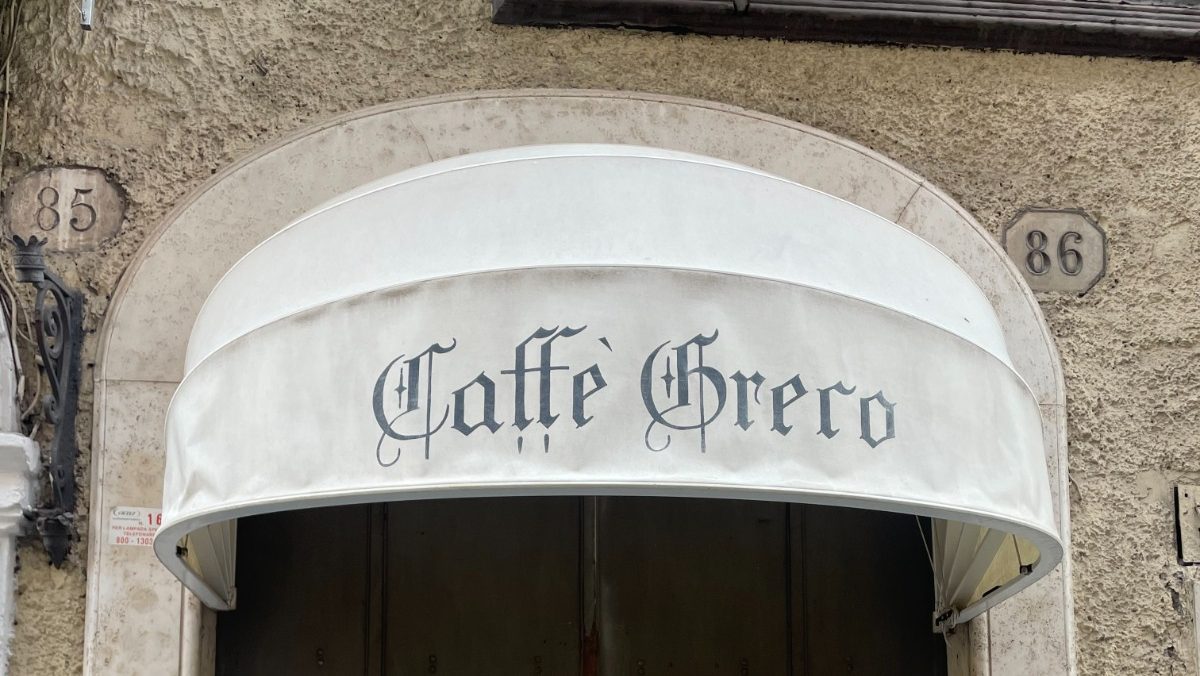Two people pull up alongside each other in an RV park in New Mexico. One is driving a pick-up truck with a “F**k Biden” bumper sticker on it, the other drives a camper van that sports a “F**k Trump” bumper sticker. What do the pair talk about? Apparently, as Ebs Burnough found out while filming his documentary, Kerouac’s Road: The Beat of a Nation, it is where you can find the best chicken sandwich.
Burnough, a former senior adviser and deputy social secretary to Michelle Obama and the film’s director, found the exchange fascinating. “It’s a testament to both the American spirit, and the human spirit, that you would still see both drivers communicating,” he explains. He adds: “Dialogue is happening. I’ve seen it across America.” While social media and its algorithms may imply that it’s not, Burnough argues that we cannot take that at face value.
The duo in the parking lot went on to discuss where the cheapest stop for fuel was (“exit 69”) and offered each other service station restaurant recommendations. That, Burnough believes, was the America Jack Kerouac wrote about in his iconic 1957 novel On The Road.
Kerouac’s Road asks what the author and his novel’s importance mean in America today, in a country where division is rife and the concept of civil communication is often snorted at. Accompanied by an original song from singer-songwriter Natalie Merchant, the documentary interweaves stories from contemporary travellers and well-known faces influenced and connected to Kerouac, from journalist-comedian W Kamau Bell and academic Ann Charters to Hollywood A-listers Matt Dillon and Josh Brolin.
“I don’t know if I’d want to reread it today,” Brolin says of Kerouac’s classic. The No Country for Old Men and Avengers: Infinity War actor still has an original copy from when he was 19, but insists that its profound impact on him then could not be replicated – nor does he want it to be.
The stories from faces we don’t know are no less striking. Driving in Amarillo, Texas, Diana fell in love with life on the road as a teenager, so much so that she wanted to be a truck driver, but “she was busy adulting”. Her journey today, however, holds a different sentiment; she’s travelling to see her estranged father. He used to beat her, and she has rarely seen him since she left home.
Suggested Reading
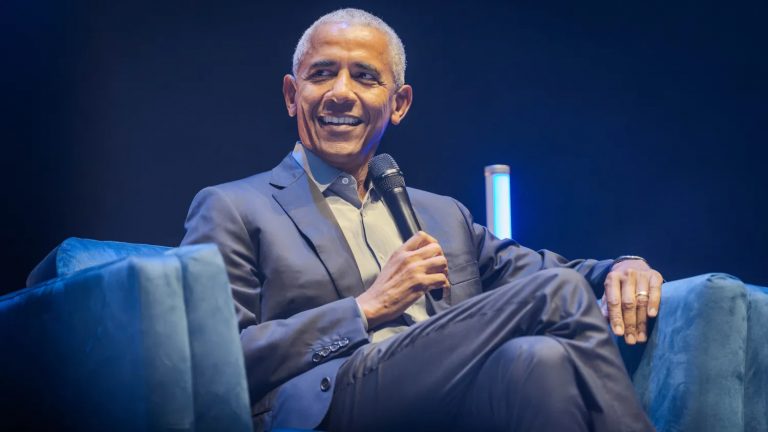
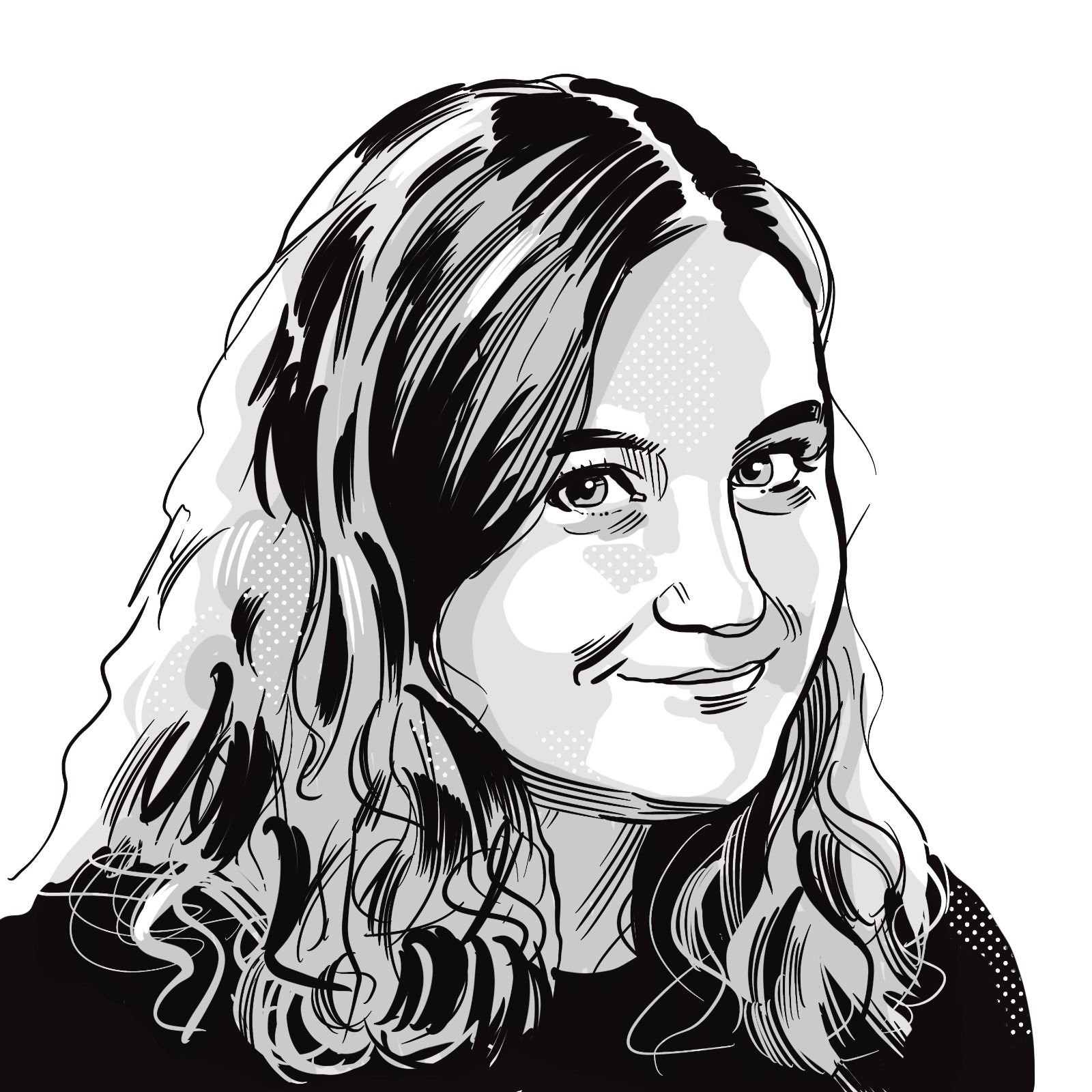
Could Obama restore my hope in politics?
“I used to look for adoption papers when he wasn’t around. I just thought ‘this could not be my family’,” she says. When she reaches his house, if he’s doing OK, she’ll stay for a while. If not, she pauses, it will be time to say goodbye before heading back out on the road.
But make no mistake – Burnough’s documentary is not a love letter to Kerouac. Born in Lowell, Massachusetts to a working-class family of French-Canadian parentage, as Charters describes in the film, Kerouac grew up with his community being treated as the “worst of the immigrants”, called “white negroes” and chastised for not “speaking white” (by which they meant English). He had a strong yearning to escape, but, unlike other Americans, that was actually a reality.
As Burnough points out, writing in 1957, on the eve of the civil rights movement, Kerouac had advantages others did not. “Women had no access to the morning-after pill and if you were a person of colour, you might get lynched,” he says. The author was asking Americans to get out on the road, but for some, the road did not exist. It’s no surprise these critiques feature so heavily in the film, when it’s exactly how the director felt when he first read the book.
“I was 16. I had an English professor, her name was Dr Cathy Scott, and I read it in her class.” Burnough recalls finding Kerouac’s writing “electrifying”, but, at the same time, it did not resonate with him, an African American student growing up in the South, as it did with his other classmates.
“We were on the Florida/Georgia border and I still remember taking road trips with my mother where we would drive south to visit my granny in Fort Lauderdale, Miami. There were certain places that you didn’t stop to get fuel because they were dangerous. They were highly racist towns or had a high preponderance of KKK members there.” The way Kerouac wrote about freedom to Burnough was interesting, he explains, “but not tangible”.
In Burnough’s film, Bell offers a hypothetical solution: “The book I’d really want to read is James Baldwin and Kerouac on the road!” I ask Burnough what such a novel would look like. “He and I had a lot of fun with this,” he laughs. Burnough imagines Kerouac: sweet, cool, a closeted bisexual, someone who’s open to Buddhism and raised by a Catholic, bigoted mother, meeting his match in the straight-talking Baldwin. “He’d be like: ‘This is so clear, why don’t you understand it? What’s the confusion, Jack?’” Burnough envisions. Unfortunately, the world will never know.
As Dillon says in the documentary, On the Road is far from a perfect book. Still, we continue to read it and for all its issues, Burnough thinks this is important. Kerouac’s legacy is that “the onus is upon us to turn on the programme or read the newspaper you disagree with.” Or, as Burnough believes Kerouac might just say today: “Put down your phone, roll down the window, take a breath, and say hi to your neighbour.”
Kerouac’s Road: The Beat of a Nation is available for streaming now.
Eleanor Longman-Rood is digital editor at The New World


